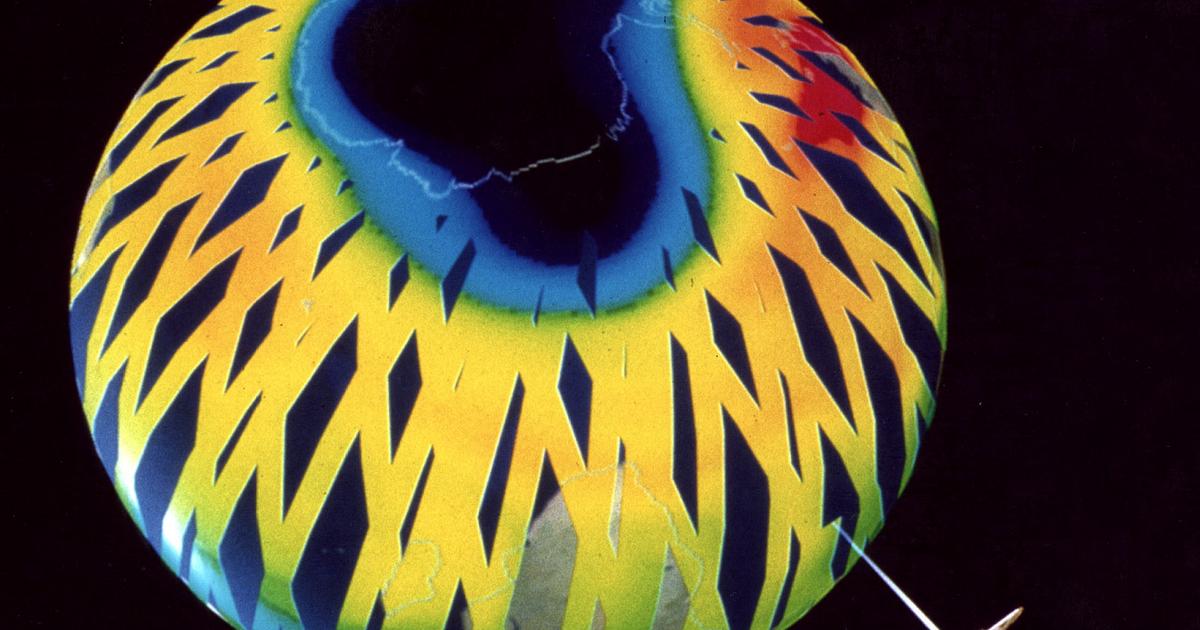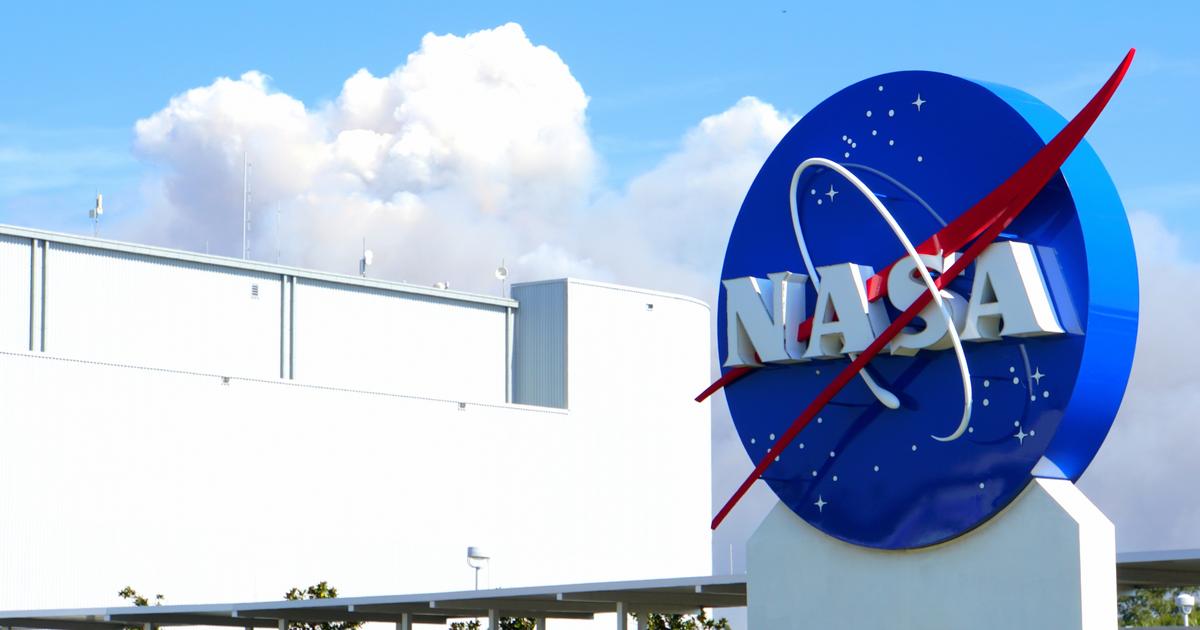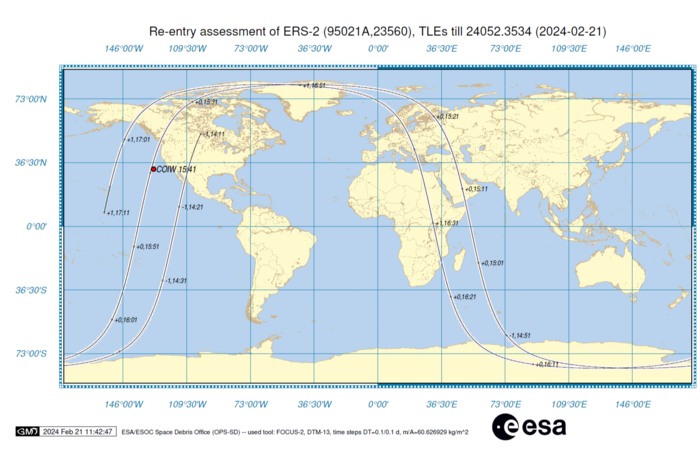China has started building its own space station.
A launch vehicle brought the core module into space - and now falls “uncontrollably” towards Earth.
Beijing - As the German Aerospace Center (DLR) reports on its website, around 60 to 80 tons of space debris are currently entering the earth's atmosphere every year.
As a rule, a large part burns up as soon as it enters, but larger parts can survive re-entry and cause damage if they hit the surface of the earth.
This scenario may now be threatened with debris from a Chinese launcher.
Chinese launcher: "Uncontrolled re-entry" into the earth's atmosphere
The “Long March 5B” rocket launched the 22-ton core module “Tianhe” (Heavenly Harmony) into space last Thursday (April 29). The young space nation China began building its own space station. Debris from the launch vehicle used threatens to fall to earth in the next few days. Space experts have already warned of an "uncontrolled re-entry" of a 20-ton part into the earth's atmosphere.
The design of the missile of the type "Long March 5B" is responsible for the uncontrolled reentry.
The main part could not be controlled and had no trajectory to fall into the sea at a predetermined point.
“We don't know where,” the astrophysicist Jonathan McDowell from the Harvard-Smithsonian Center for Astrophysics in Cambridge in the US state of Massachusetts told the dpa on Tuesday.
Expert warns: "Like the crash of a small plane"
“In the worst case scenario, it will be like a small plane crashing, but spread over hundreds of miles,” said McDowell.
It is uncertain how many fragments of the debris will be left after re-entry.
“But enough to cause damage,” the astrophysicist was certain.
Just six days after the first flight of the particularly stable missile type “Langer Marsch 5B” in May 2020, rubble fell in the Ivory Coast and damaged several houses in villages.
It was the largest piece to fall to Earth since the US Skylab space laboratory in 1979.
The American space agency NASA described the process as "very dangerous" at the time.
+
The Chinese “Long March 5B” launch vehicle on its launch in the southern Chinese province of Hainan.
© Ju Zhenhua / dpa
Chinese launcher "Long March B5": Design is "negligent"
"After the Skylab reentry, everyone else made up their minds to avoid this happening," said
McDowell. Other countries made sure that most of their missiles would not stay in orbit, but
would be
brought into a trajectory
so that they could be targeted into the sea. "With the 'Long March 5B', China did not pursue any of these approaches," criticized the expert. It is built in such a way that after about a week it re-enters the earth's atmosphere due to the force of attraction at an “arbitrary place”. The design does not meet today's standards and is "negligent," said McDowell.
To build the new space station, China is planning further launches of the "Long March B5" rocket type.
Two more modules are to be brought into space and added to.
The space station "Tiangong" (Heavenly Palace) should be completed "around 2022".
If the technically obsolete international space station ISS goes out of service as planned in the coming years, China would be the only nation with a permanent outpost in space.
The Chinese state and party leader Xi Jinping called the space station an "important lead project for building a strong country in science, technology and space travel".
(ph / dpa)
List of rubric lists: © Ju Zhenhua















